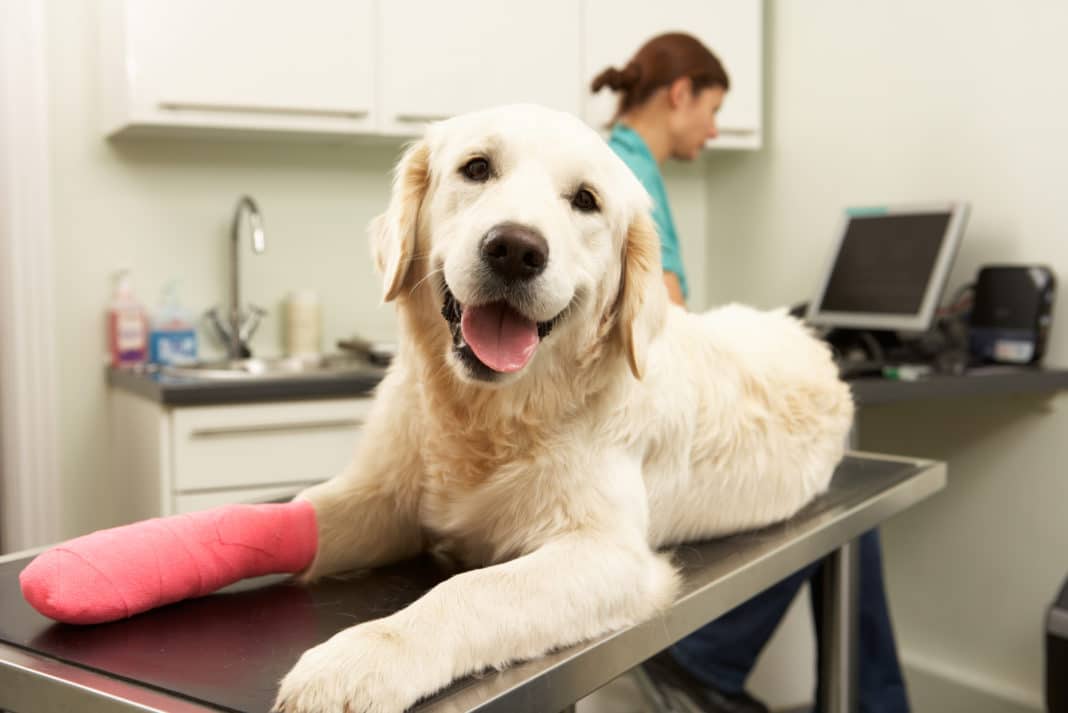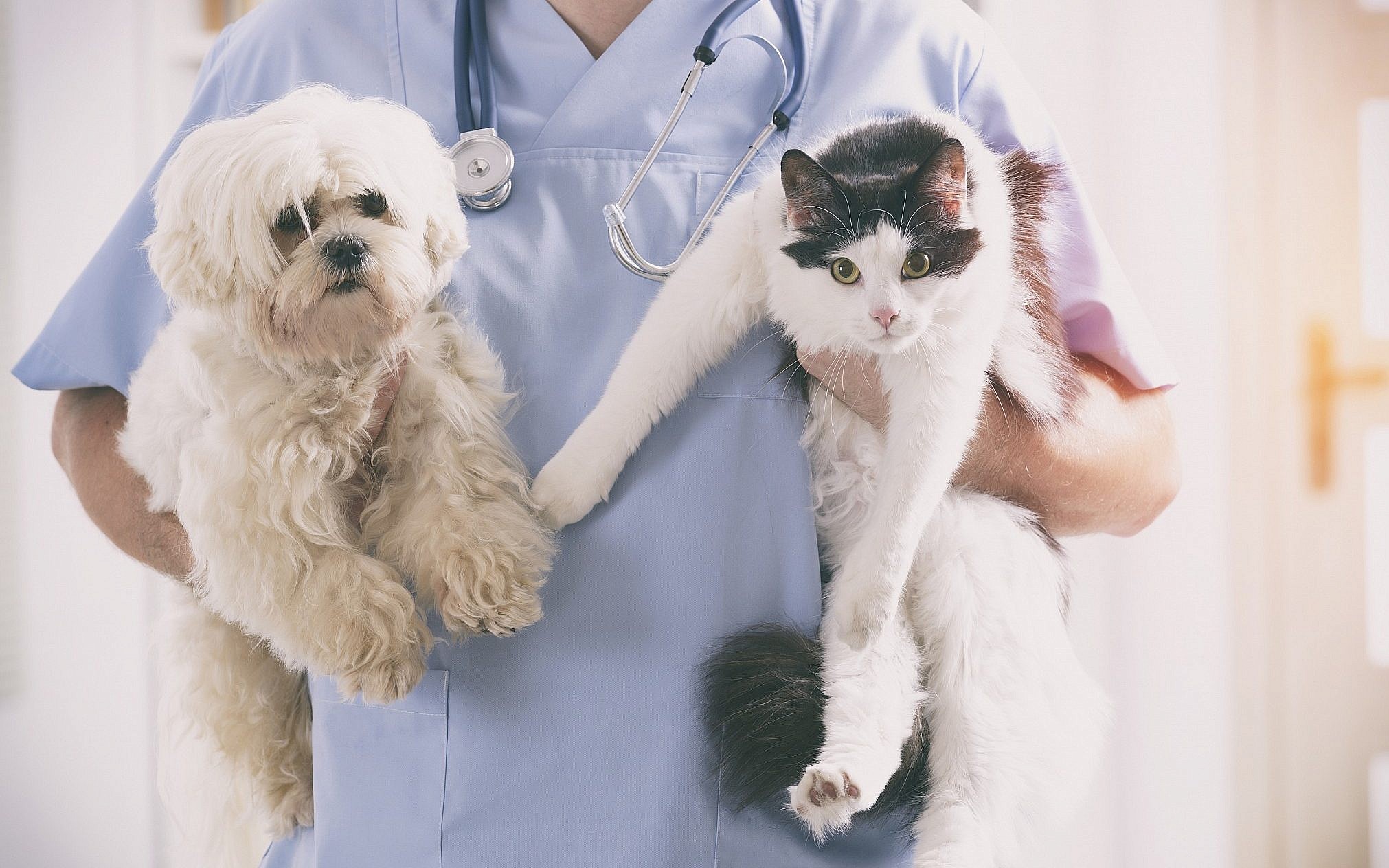Many owners wonder if their pet can lose his or her voice. They often wonder if this is an indication that the animal is suffering from some kind of illness or other ailment. In reality, losing your cat’s voice can be as simple as a cold. Other times, just a change in your pet’s vocal tone can indicate a more serious health issue, either due to trauma, an infection, foreign body, or other condition. To know why your cat might lose his or her voice, it is necessary to understand a little bit of cat anatomy.
Your cat has vocal cords, which are organs made up of soft tissue: These cords vibrate when they are struck, making them the ideal means of communication for your cat. However, like any organ, these cords can be damaged or otherwise weakened over time, leading to a loss of sound. This weakening can be caused by various external factors such as stress, obesity, illness, and injury, or can be caused by internal issues such as bacteria or throat inflammation.
If your cat suffers from internal illness or injury: the most likely scenario is that he or she has vocal cords that are severely damaged. If the damage is relatively superficial, your vet may recommend that you take your kitty to the vet for emergency treatment. However, if the damage is extensive, your vet may recommend surgery to replace the damaged vocal cords. After surgery, your cat should be able to resume normal vocalizing activities within a few weeks. If, however, your vet has recommended surgery, your cat will need to stay away from his or her cat friend for about a month before resuming normal vocalization activities. This recovery period is necessary because it allows the body time to heal from the surgery.
Another common cause of ailing cats is respiratory disease: Some illnesses, such as upper respiratory infections, can lead to a reduction in the amount of air that is produced when your cat meows. This reduction in air production can significantly affect your cat’s ability to produce clear and louder sounds. Mites in the upper respiratory system also cause inflammation and blockage of the lungs, making it difficult for your cat to breathe out of its mouth.
A more common cause of ailing cats is bacterial pneumonia: Cats suffering from this illness may lose their ability to produce a clear sound when they molt. Sometimes, when the cat is coughing up excess mucus, this mucus can become trapped in the throat and restrict the amount of air that can be made. If the condition goes untreated, the vocal cords may begin to swell and scar, eventually leading to hoarseness and a loss of sound.
If none of these potential causes of hoarseness and voice loss has already occurred: your vet can perform tests to rule out other potential problems. In some cases, there can be nothing wrong with your pet beyond vocal cord issues-muscle disorders or serious infections can sometimes cause vocal cords to stiffen or become impacted. Your vet can then prescribe treatment for those conditions.
If your pet’s other symptoms are consistent and worrying, however, you should make an appointment with a vet as soon as possible.




